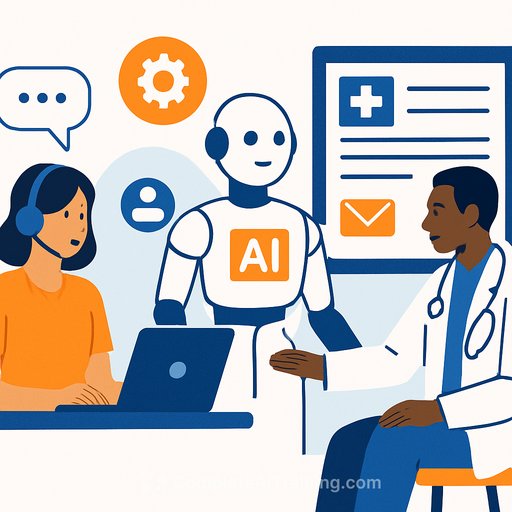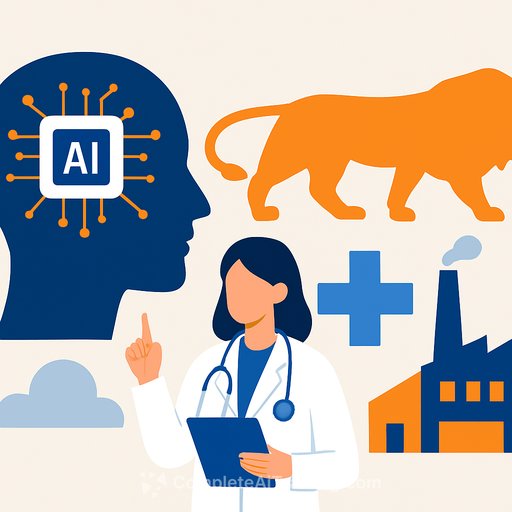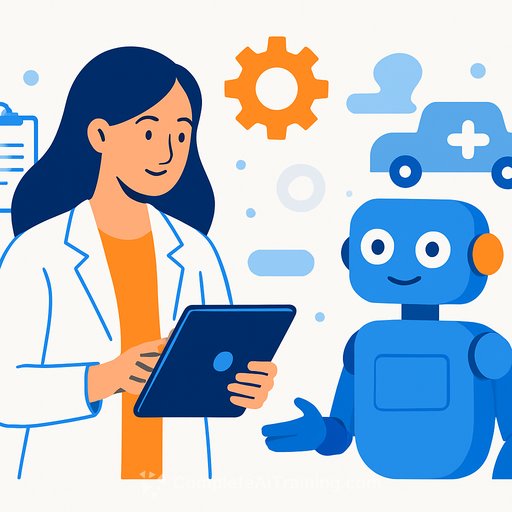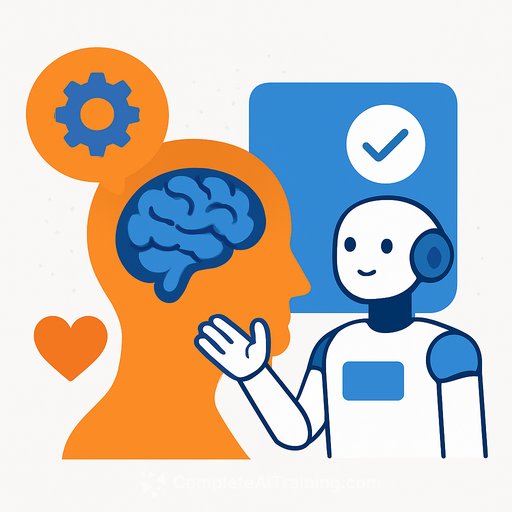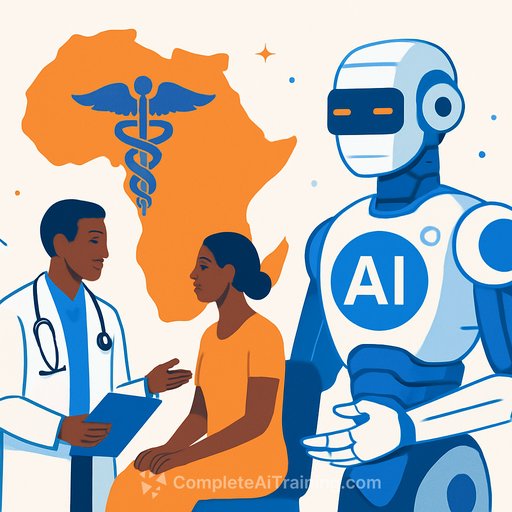The Digital Shift in Healthcare
Healthcare providers have accelerated the adoption of digital tools since the Covid-19 pandemic. Cloud-based systems now allow secure remote access to patient records, while video platforms support virtual consultations with specialists. Health and wellbeing programs have moved to apps, making care more accessible and convenient. These changes improve experiences for both patients and healthcare staff.
However, patients feel this digital progress hasn’t kept pace with their expectations. A study by Talkdesk found that 63% of patients believe their providers are not ready to deliver a quality digital experience. Meeting these expectations is crucial. Providers that invest in patient experience see higher loyalty — 75% of patients stick with providers who improve their digital services, while 67% lose trust after a single poor experience.
The Role of Contact Centers and AI Agents
Healthcare providers recognize that contact centers are key to improving patient experience, with 90% confirming their importance over the next two years. Yet, outdated systems and fragmented technologies slow progress. Many are turning to artificial intelligence (AI) agents to bridge this gap.
AI agents can hold natural, two-way conversations with patients much like a human operator. They handle specific tasks defined by the provider, such as rescheduling appointments. Patients can interact via call, text, email, or voice note. The AI updates records automatically and sends confirmations, all without human intervention.
This approach transforms contact centers from cost-heavy operations into drivers of value. By automating routine tasks, AI agents free healthcare professionals to focus on patient care instead of administrative duties.
It’s important to note that AI agents are tools to enhance—not replace—the human connection. Most patients (81%) prefer consulting a human for medical advice. AI handles administrative and basic queries, allowing clinicians to spend more time on complex care.
How AI Agents Improve Healthcare Operations
- Personalized patient care: AI agents adapt communications based on each patient’s history and preferences, offering options for AI, human, or hybrid interactions.
- Faster responses: Patients get instant answers to common questions and can manage appointments any time of day, reducing wait times and frustration.
- Streamlined workflows: Routine tasks like appointment reminders and data entry are automated, freeing clinicians to focus on treatment.
- Easy AI management: Providers can monitor and optimize AI agents with clear instructions and guardrails, ensuring security and accuracy. Agents rely solely on approved data sources.
- Consistent communication: AI synchronizes voice, text, and email channels in real time, delivering uniform information and respecting patient preferences.
Addressing Challenges in AI Adoption
Security and data accuracy are critical. Unlike general AI models trained on broad data, healthcare AI agents use only validated sources, reducing errors and bias. This ensures patients receive reliable information that supports better health outcomes.
Accessibility concerns are valid, especially for older patients less comfortable with new tech. However, AI agents are conversational and flexible—they understand multiple input types and languages. Patients don’t need to learn new platforms, and can access support 24/7.
Practical Steps for Providers
Success starts with mapping the entire patient journey, identifying every touchpoint across digital and traditional channels like calls, emails, and in-person visits. The goal is not to layer AI on top of existing processes but to improve overall efficiency and experience.
Begin by targeting high-volume, low-complexity interactions. For example, use text-based AI for appointment rescheduling or voice-enabled agents to answer basic queries. This phased approach eases integration and builds comfort among staff and patients.
Providers can leverage preset templates and workflows to quickly test and refine AI agents. Monitoring performance helps identify knowledge gaps, which can be addressed by expanding the AI’s access to validated data and human interactions.
Real-World Impact
A Federally Qualified Health Center in Florida serving 60,000 patients annually has seen a 98% reduction in contact center wait times by using AI agents for appointment management. This has allowed medical staff to deliver higher-quality care to economically disadvantaged communities.
Additionally, AI agents now handle password resets for patient portals autonomously, securing access while reducing IT workload. This kind of automation improves service without compromising security.
Looking Ahead
AI agents offer healthcare providers a chance to meet key performance indicators related to population health, chronic disease management, and preventative care. The focus is on driving meaningful value—not just cutting costs or speeding up processes.
As digital tools reshape patient interactions and operations, providers must balance efficiency with empathy. The best outcomes come from enhancing human care, not replacing it. Those investing wisely in AI-driven contact centers position themselves to deliver seamless, personalized, and accessible healthcare experiences that truly support patients.
Your membership also unlocks:

